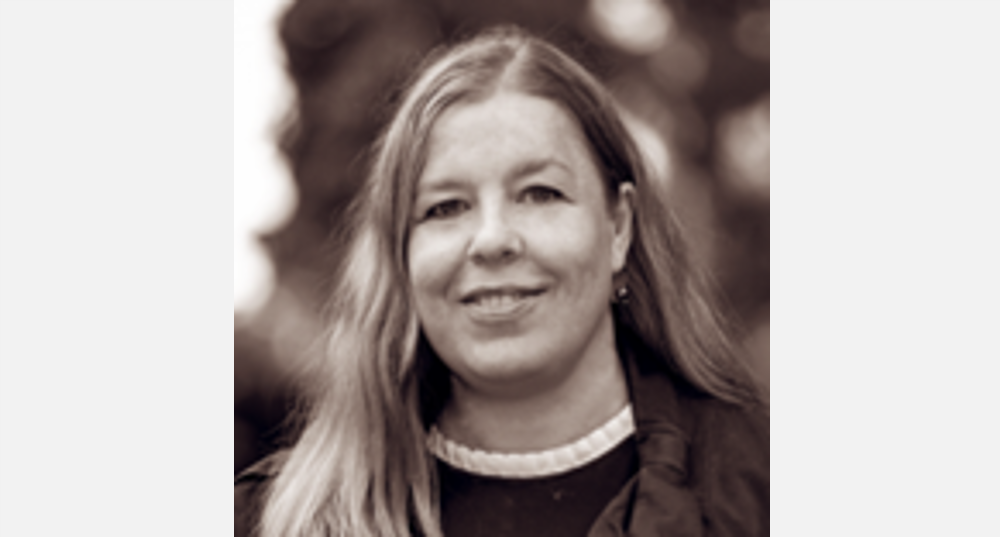Artificial Intelligence and a Microperspective of Corruption: How Human-AI Collaboration Affects Individuals’ Cheating Behavior

- Date
- Wednesday 7 December 2022, 1400-1500
- Location
- Online - book below
- Speaker:
- Elena Reutskaja, IESE Business School, Spain
Abstract
While many business decisions are made in collaboration with other people, previous research demonstrated that collaboration increases dishonesty. In this work, we study how cheating is influenced by a type of collaborator: human versus Artificially Intelligent (AI) agent. Specifically, we evaluate cheating behaviour by a person, who interacts with another human or an AI agent in a collaborative setting where rules and joint outcomes are shared by both parties. We conduct five experiments (N=1796, 32940 observations) to investigate our research question. The results in both lab and online settings support our hypotheses that people cheat more when they collaborate with another human in comparison with an AI because people infer that humans are more inclined to cooperate in cheating than AI. The results hold regardless of whether the AI is operationalized as a simple algorithm, has human embodiment, or can resemble human appearance and behaviour. Additionally, we show our findings are counterintuitive to managers who are unaware of the differences between human-AI collaboration versus human-human collaboration regarding reducing cheating behaviour in organizations. Together, our research contributes to ethical decision-making in the context of emerging AI technology and extends theory concerning corruption in collaborative working environments. Thus, when used in the right way, combining AI-based technology with a human workforce can be used to help reduce corrupt behaviour in the form of collaborative cheating and generate a positive social impact.
The Speaker
Dr Elena Reutskaja is an associate professor of marketing at IESE Business School (Spain). Elena’s research interests lie at the intersection of behavioural decision-making, public policy, marketing, and economics. Her research focuses on information and choice overload, choice architecture, ethical decision-making, comparisons of individual and group decision-making, as well as neuro-marketing. Elena employs a variety of methods in her research, including decision process-tracing methods ranging from mouse tracing and eye-tracking to emotion recognition and brain imaging. Elena serves as a behavioural expert and advisor for a number of organisations in both the private and the public sector.
